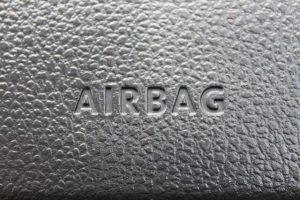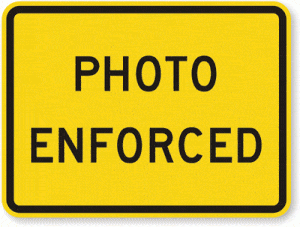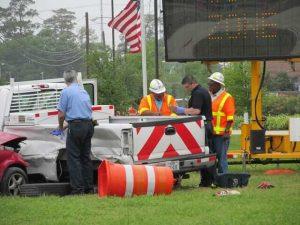
Notice: Morris Bart is no longer accepting new cases related to Takata Airbag Recall.
If you have been watching the news over the past few months, you have likely seen the story of one of the largest recalls in automotive history. The manufacturers issuing recalls now range from Chrysler, Mitsubishi, Honda, and Toyota to high-end brands such as McLaren, Ferrari, Audi, and Tesla.
Takata Airbag Recall
Takata Chose Savings Over Safety
The problem with Takata airbags is the propellant used to trigger inflation. Takata began using ammonium nitrate as a propellant in 2001, switching from the safer but more expensive guanidine nitrate and tetrazole propellant used by all other airbag manufacturers. Takata made this change despite knowing that ammonium nitrate is unstable and can blow up when it isn’t supposed to. The compound also degrades over time, especially in humid climates. When this happens, the metal inflator canister containing the propellant can explode and send shrapnel flying – with or without a triggering collision.
New York Times Exposes Decade-Long Cover-Up
Takata knew about this problem as early as 2004 and conducted a series of secret tests off work hours to verify it, but hid the problems for another 10 years until a New York Times exposé in 2014.
In that NY Times exposé, Paul Worsey, an expert in explosives engineering at the Missouri University of Science and Technology, said the compound shouldn’t be used in airbags and is more suitable for large demolitions in mining and construction.
Over time, more manufacturers began to use the cheaper Takata airbags, and now, one in seven cars on American roads has them.
Recall Size Grows
The first recall included only six makes of vehicles. In October 2016, it was announced that Toyota was issuing a recall for many of its vehicles. By December 2016, 34 vehicle makes had been recalled, and NHTSA expected there would be 70 million vehicles recalled by 2020. On January 6, 2017, Takata added an additional 1.3 million vehicles to the recall list. It is likely more will follow.
As of December 2016, there have been approximately 200 recorded injuries and at least 11 deaths in the US related to these airbags.
Shortages Hinder Replacement
The problem has been complicated by a shortage of replacement airbags. Production of non-ammonium nitrate bags has been stepped up, but demand still exponentially exceeds supply.
Because the ammonium nitrate airbags become more dangerous with age, older airbags are being replaced with new ones also containing ammonium nitrate even though they will ultimately have to be replaced again with non-ammonium nitrate devices.
Priority is being given to older cars in humid climates. Just recently, NHTSA estimated that it may take until 2023 to replace all of Takata’s ticking time bombs.
What Cars Are Involved in the Takata Airbag Recall?
To see if your car has a Takata airbag recall, go to SaferCar.gov.





